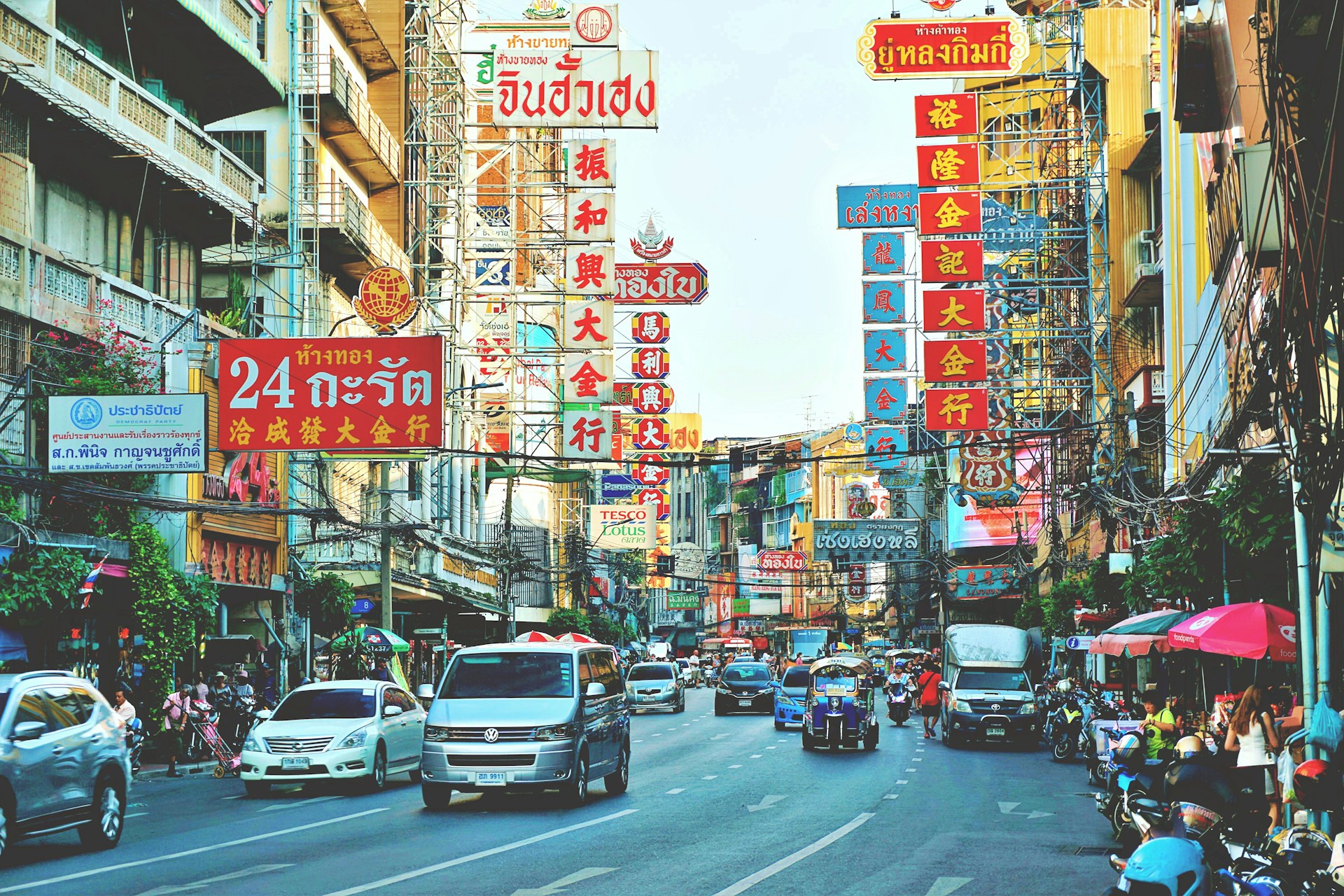
I remember standing outside a small noodle shop in Kyoto, sweating profusely—not from the summer heat, but from the sheer panic of trying to order dinner. The menu, a beautiful but incomprehensible collection of kanji characters, might as well have been ancient hieroglyphics. My stomach growled as my confidence plummeted. After five minutes of awkward pointing and mime-worthy gesturing, I ended up with… something. Whatever it was, it turned out to be the best damn bowl of noodles I’d ever tasted.
That moment taught me a valuable lesson: language barriers in Asia aren’t roadblocks—they’re just speed bumps on an otherwise incredible journey.
If you’re dreaming of exploring the vibrant streets of Tokyo, the serene temples of Thailand, or the chaotic energy of Hanoi, don’t let your monolingualism hold you back. Trust me, your trip won’t be ruined because you can’t ask where the bathroom is in Mandarin. I’ve been navigating Asia for years with nothing but a smile, Google Translate, and a willingness to look slightly ridiculous in public.
Getting Around Asia When Every Sign Looks Like Beautiful Artwork (That You Can’t Read)
Picture this: You’ve just landed in Seoul after a 14-hour flight. Your legs are cramped, your hair is a disaster, and you’ve forgotten whether it’s breakfast or dinner time. The last thing you want to deal with is trying to decipher the Korean alphabet to find your hotel.
Here’s where preparation becomes your best friend. Before technology blessed us with pocket translators, travelers had to rely on printed phrase books and a lot of charades. Now? The game has completely changed.
Digital Tools That Will Save Your Linguistically-Challenged Behind
My phone has become my translator, my map, my currency converter, and occasionally, my lifeline. Here are the apps that have repeatedly saved me from ending up in completely the wrong city or accidentally ordering chicken feet (unless that’s your thing, in which case, go for it):
- Google Translate: The OG language savior. Download language packs before you go so you can use it offline. The camera translation feature is particularly magical—just point your camera at text, and watch as it transforms into something you can actually understand. Once in Taipei, I used it to translate an entire restaurant menu and discovered I was about to order “stinky tofu”—which, by the way, lives up to its name.
- Pleco: If you’re heading to China specifically, this Chinese dictionary app is more comprehensive than Google Translate. It even recognizes handwritten characters if you need to sketch something you’ve seen.
- Waygo: Specifically designed for Asian languages (Chinese, Japanese, and Korean), this app translates without needing an internet connection—perfect for those remote areas where your data plan mysteriously disappears.
- Maps.me: Downloaded offline maps are non-negotiable. Getting lost when you can’t ask for directions is… an adventure I don’t recommend.
Communication Strategies That Actually Work
When my apps fail me (and they will—technology has a wicked sense of humor when you need it most), I fall back on these tried-and-true methods:
The Universal Language of Pointing
There’s something humbling about standing in front of a street food vendor in Bangkok, reduced to pointing and nodding like an eager toddler. But guess what? It works. A smile, a point, and an enthusiastic nod have gotten me some of the best meals of my life.
During a monsoon downpour in Malaysia, I took shelter in a tiny food stall where the owner spoke no English. I pointed at what another customer was eating, gave a thumbs up, and received a steaming bowl of laksa that made me temporarily forget about my drenched clothes and ruined guidebook.
Picture Books Aren’t Just for Kids
Before smartphones were ubiquitous, travelers carried picture books with common objects and phrases. Old school? Yes. Effective when your battery dies? Absolutely.
I still keep a small notebook with drawings of common items—a bed, toilet, bus, train. My artistic skills are questionable at best, but my crude drawing of a chicken once saved me from getting beef when I was trying to respect dietary restrictions in Indonesia.
Body Language: Your Secret Weapon
Research shows that communication is mostly non-verbal anyway. A smile, a bow, or a thank-you gesture crosses cultural divides better than words ever could.
In Japan, I learned that a slight bow goes a long way. In Thailand, placing your hands together in a prayer-like position with a slight bow (the wai) shows respect. These small gestures earned me patience and kindness from locals who appreciated the effort, however minimal.
Navigating Transportation Without Getting Hopelessly Lost
Transportation might seem like the most daunting aspect of language-barrier travel, but it’s also where you’ll find the most established systems for tourists.
Trains, Planes, and Automobiles (and Tuk-tuks, and Motorbikes, and…)
Most major Asian cities have public transportation signs in English as well as the local language. Tokyo’s subway system, Seoul’s metro, Shanghai’s trains—all have English signage. Bangkok’s BTS Skytrain announcements are in Thai and English.
But then there are the places that don’t cater to English speakers. During a trip to a smaller Chinese city, I found myself on a bus with absolutely no English anywhere. The solution? I showed the driver my destination written in Chinese characters (thank you, hotel concierge), and he nodded and motioned for me to sit. When we reached my stop, he called out to me. Problem solved.
The Pre-written Address Card: Old School But Gold
One of the oldest tricks in the traveler’s handbook is having your hotel’s address written in the local language on a card. Every time I check into a new hotel in Asia, I grab a business card or ask the staff to write the address for me.
This simple piece of paper has rescued me countless times, especially after one too many local beers when my already limited ability to pronounce Vietnamese street names completely abandons me. Flash the card to a taxi driver, and you’re golden.
When All Else Fails: The “Tourist Tax”
Let’s be honest—sometimes you’ll pay more because you’re a foreigner who can’t haggle in the local language. I call this the “tourist tax,” and occasionally, it’s worth paying for peace of mind.
In Hanoi, I’m fairly certain I overpaid for every motorbike taxi I took, but each ride cost less than a coffee back home, and I arrived safely at my destinations. Pick your battles.
Eating Your Way Through Asia (Without Accidentally Ordering Bugs… Unless You Want To)
Food might be the area where language barriers seem most problematic, but it’s also where the most delightful surprises happen.
Menu Pictures: Your Best Friend
Restaurants in tourist areas often have picture menus, which are basically a gift from the travel gods. No pictures? Look for restaurants with food displays in the window—common in Japan—or ones where you can point to what other people are eating.
I once walked into a restaurant in Seoul, saw a delicious-looking dish at the next table, and simply pointed and nodded. The elderly woman serving me broke into a wide grin, patted my shoulder approvingly, and brought me a sizzling stone pot of bibimbap that changed my life.
Food Tours: Worth Every Penny
One of the best investments you can make is a food tour at the beginning of your trip. Local guides who speak English will introduce you to authentic dishes, teach you how to order, and give you confidence to explore on your own.
In Chiang Mai, I took a street food tour on my first night. Our guide taught us how to say basic phrases like “thank you” and “delicious,” showed us which stalls were famous for which dishes, and explained the unspoken rules of Thai street food etiquette. That three-hour tour set me up for culinary success for the rest of my trip.
The “I’ll Have What They’re Having” Technique
When in doubt, point to what locals are eating. It’s usually a safe bet, and you might discover something you would never have ordered otherwise.
This strategy led me to a life-changing bowl of beef noodle soup in Taipei. I noticed every table had the same steaming bowl, so I simply pointed and nodded when the waiter came by. The rich, complex broth with tender chunks of beef and hand-pulled noodles was so good I went back two more times during my stay.
Accommodation Adventures: Where Pantomiming a Pillow Becomes Necessary
Booking accommodation in advance online generally eliminates language issues, but what about those moments when you need to ask for more towels or explain that your air conditioner is making a noise like an angry cat?
The Front Desk Is Your Ally
Larger hotels in Asian cities will have English-speaking staff at the front desk, even if housekeeping or other staff don’t speak English. They can become your translators for specific requests.
In a small guesthouse in rural Japan, I needed to ask about laundry services. The owner didn’t speak English, but she called her niece on speakerphone who translated for us both. Twenty minutes later, my laundry problem was sorted, and I’d been invited to a family dinner. Language barrier: 0, Human connection: 1.
Translation Cards for Common Requests
Before your trip, prepare cards or save images on your phone with translated versions of common hotel requests: “Please clean my room,” “I need extra towels,” “The internet isn’t working,” etc.
After an unfortunate incident involving a cockroach in my bathroom in Vietnam (a story for another day), I added “There’s an unwelcome visitor in my room” to my translation card collection.
Boutique Hotels vs. International Chains: A Language Consideration
If you’re very concerned about language barriers, international hotel chains will have more English-speaking staff. But personally, I prefer smaller, locally-owned places where the cultural immersion is stronger—even if it means more creative communication.
Some of my favorite memories come from stays at family-run guesthouses where communication happened through a combination of simple words, gestures, Google Translate, and lots of laughter. In these places, you’re not just a room number; you’re a guest in someone’s business that they’re proud of.
Cultural Faux Pas: When “Thank You” Accidentally Means “I Love Your Mother’s Underwear”
Tonal languages like Mandarin, Cantonese, Vietnamese, and Thai are particularly tricky because the same word with different inflections can have wildly different meanings.
Embrace the Mistakes
My attempt to say “thank you” in Thai once made an entire restaurant staff burst into laughter. Apparently, my tone was so off that I said something completely different (they refused to translate it, which tells me all I need to know).
Instead of being embarrassed, I laughed along with them. These moments of linguistic failure often create the most genuine human connections. People appreciate the effort, even when—especially when—you mess up spectacularly.
Essential Phrases Worth Learning
While you can’t become fluent before your trip, learning just a few key phrases in each country shows respect and often earns you better treatment:
- Hello
- Thank you
- Excuse me
- Delicious
- How much?
- Too expensive (for markets)
- Where is the bathroom?
My terrible pronunciation of “Khob khun kha” (thank you in Thai) still earned appreciative smiles from street vendors in Bangkok. The effort counts more than the execution.
When Things Go Wrong: Getting Help Without Sharing a Language
Despite all your preparations, sometimes things go sideways. Your wallet disappears in a crowded market, you miss the last train back to your hotel, or you develop a mysterious rash that definitely wasn’t mentioned in the guidebook.
Emergency Cards Are Non-Negotiable
Before you leave home, prepare cards with emergency phrases in the local language: “I need a doctor,” “Please call the police,” “I’ve lost my passport,” etc. Keep these separate from your main translation tools in case your phone gets stolen or dies.
After a minor motorbike accident in Bali left me with a gashed leg, I was incredibly thankful for my pre-translated “I need medical help” card. The local who found me didn’t speak English but immediately understood my card and took me to a clinic.
Embassies and Tourist Police
Many Asian countries have special tourist police units with English-speaking officers specifically to help visitors. Save their contact information before your trip.
In Thailand, the Tourist Police (1155) provide assistance in English. Japan has koban (police boxes) throughout cities where officers often have basic English skills.
Finding English Speakers in a Pinch
When you absolutely need an English speaker, try:
- High-end hotels (even if you’re not staying there)
- Universities
- Tourist attractions
- International chain restaurants
During a sudden downpour in Beijing, I ducked into a Starbucks not just for shelter but because I knew I could find someone who spoke English to help me figure out which bus would take me back to my neighborhood.
The Unexpected Benefits of Language Barriers
The most beautiful part of traveling without language fluency? You develop other skills and awareness that many tourists miss.
Enhanced Observation
When you can’t rely on verbal communication, you become more attuned to your surroundings. You notice body language, social cues, and patterns that might otherwise pass you by.
In the chaos of a Japanese train station during rush hour, I couldn’t read any signs or understand announcements. Instead, I watched locals carefully and followed their lead—which platform they rushed to, which train doors they lined up at. This heightened awareness has become one of my best travel skills.
Deeper Appreciation for Non-Verbal Connection
Some of my most meaningful travel interactions happened without sharing a single word of common language.
On a remote island in Thailand, an elderly woman gestured for me to sit with her as she wove intricate baskets. For an hour, we sat together—she occasionally guiding my hands to try the weaving technique, both of us smiling and nodding. No words, just humanity.
The Comfort Zone Expansion
Nothing pushes you out of your comfort zone quite like not being able to express basic needs or understand responses. But with each successful interaction—each meal ordered, each destination reached, each new friend made despite language differences—your confidence grows exponentially.
After three weeks in Japan, where my language skills never progressed beyond catastrophically bad, I found myself helping other tourists navigate the train system. Not because I could suddenly read Japanese, but because I’d developed systems and workarounds that worked.
Final Thoughts: The Language of Travel Is Universal
As I sit writing this in a cafe in Bangkok, watching the interplay of tourists and locals—the pointing, the smiling, the Google Translate consultations—I’m reminded that travel has always been about connection across differences.
Your inability to speak Mandarin, Japanese, Thai, or Vietnamese will not ruin your Asian adventure. If anything, it might enhance it. Some of my most treasured travel memories come from moments where words failed and humanity stepped in.
So book that ticket. Download those apps. Learn a few key phrases. And then dive into the beautiful chaos of traveling across a continent where you can’t read the menu. I promise you’ll come back with stories worth telling—even if you spent half your trip playing an elaborate game of charades just to find a bathroom.
After all, isn’t that what great travel is about? Not perfect execution, but the beautiful, messy, human experience of connecting across our differences.
Frequently Asked Questions About Traveling in Asia Without Language Skills
How can I prepare for traveling in Asia without knowing the language?
Before your trip, download offline translation apps, learn basic phrases in the local language, and prepare cards with important addresses and emergency information in the local script. Familiarize yourself with cultural norms and nonverbal communication practices to help bridge the gap.
Which Asian countries are easiest to navigate without speaking the local language?
Singapore, Malaysia, Hong Kong, and the Philippines have widespread English usage. Major tourist destinations in Thailand, Japan, and South Korea also have significant English infrastructure, though you’ll encounter more language barriers in rural areas.
Do I need to book tours if I don’t speak the language, or can I travel independently?
You can absolutely travel independently without speaking the local language. While group tours offer convenience, independent travel is manageable with translation apps, pre-planning, and a flexible attitude. Consider booking a guide for specific activities where communication is crucial.
What’s the best translation app for traveling in Asia?
Google Translate is the most versatile option, especially with its camera translation feature and offline capabilities. For specific regions, Pleco (China) and Papago (Korea) offer more accurate translations than general apps.
How do I order food when I can’t read the menu or speak to the staff?
Look for restaurants with picture menus, food displays, or English translations. Alternatively, use translation apps with camera features to scan menus, point to what others are eating, or learn basic food vocabulary for items you enjoy or need to avoid.
What should I do in a medical emergency when I don’t speak the language?
Carry a card with medical information (blood type, allergies, conditions) in the local language. Know how to say or show “I need a doctor” in the local language. International hospitals in major cities have English-speaking staff. Your embassy can also provide assistance with finding medical help.
How can I negotiate prices at markets without speaking the language?
Calculator haggling is universal—type your offer on a calculator or phone and show it to the vendor. Learn numbers in the local language and the phrase for “too expensive.” Using fingers to indicate numbers and a friendly attitude goes a long way.
Is it safe to travel in Asia if I don’t speak the language?
Yes, Asian countries are generally safe for tourists, regardless of language abilities. Take standard precautions as you would anywhere: be aware of your surroundings, keep valuables secure, and have a plan for emergencies. Many tourist areas have police officers who speak basic English.
Should I hire a local guide if I don’t speak the language?
For specific activities where communication is important (historical sites, cultural experiences), a guide can enhance your experience significantly. For general exploration, you can navigate independently with translation tools and pre-planning.
How do I use public transportation when I can’t read signs or ask for directions?
Many major Asian cities have public transportation signs in English as well as the local language. Before your trip, download offline maps, save screenshots of transit maps, and learn to recognize key station names in the local script. When in doubt, show your destination to a station attendant.
What’s the best way to connect with locals despite language differences?
Learn basic greetings, participate in community activities like cooking classes or festivals, stay in locally-owned accommodations, and show interest in the culture. A smile, respectful attitude, and willingness to try communicating go further than perfect language skills.
How do I handle money and payments with a language barrier?
Familiarize yourself with the local currency before arrival. When making purchases, calculators or written numbers bridge the gap. Cards are widely accepted in urban areas, while cash is essential in rural regions. Banking apps with currency converters help you track spending.
Essential Tools and Resources for Language-Barrier Travel in Asia
Translation Apps & Tools
- Google Translate – Download – Comprehensive translation tool with camera, voice, and text features plus offline capability for major Asian languages.
- Pleco – Download – The gold standard for Chinese language translation, with handwriting recognition and offline dictionaries.
- Papago – Download – Specifically optimized for Korean, Japanese, and Chinese, often more accurate than Google Translate for these languages.
- Waygo – Download – Visual translator that doesn’t require internet connection, specifically designed for Asian languages.
- iTranslate – Download – Good alternative with voice translation in multiple Asian languages.
Navigation Resources
- Maps.me – Download – Detailed offline maps that work without data, essential for exploring remote areas.
- Citymapper – Download – Comprehensive public transit directions in major Asian cities like Tokyo, Hong Kong, and Singapore.
- HyperDia – Website – Essential for navigating Japan’s complex train system with English interface.
Accommodation Platforms
- Agoda – Website – Specializes in Asian accommodations with excellent filtering options and local payment methods.
- Booking.com – Website – Reliable platform with extensive property reviews and filter for “staff speaks English.”
- Hostelworld – Website – Great for budget travelers with social environments where you can meet English speakers.
Food & Dining Resources
- OpenRice – Website – The “Yelp of Asia” with English reviews for restaurants across multiple Asian countries.
- Foodie – Download – Visual food discovery app that helps when you can’t read menus.
- HappyCow – Website – Essential for vegetarians and vegans traveling in Asia.
Transportation Booking
- 12Go Asia – Website – Book trains, buses, and ferries across multiple Asian countries with English interface.
- Grab – Download – Southeast Asia’s equivalent to Uber, available in Thailand, Vietnam, Malaysia, Singapore, Philippines, and Indonesia.
- Klook – Website – Discounted attraction tickets and transportation passes with English instructions.

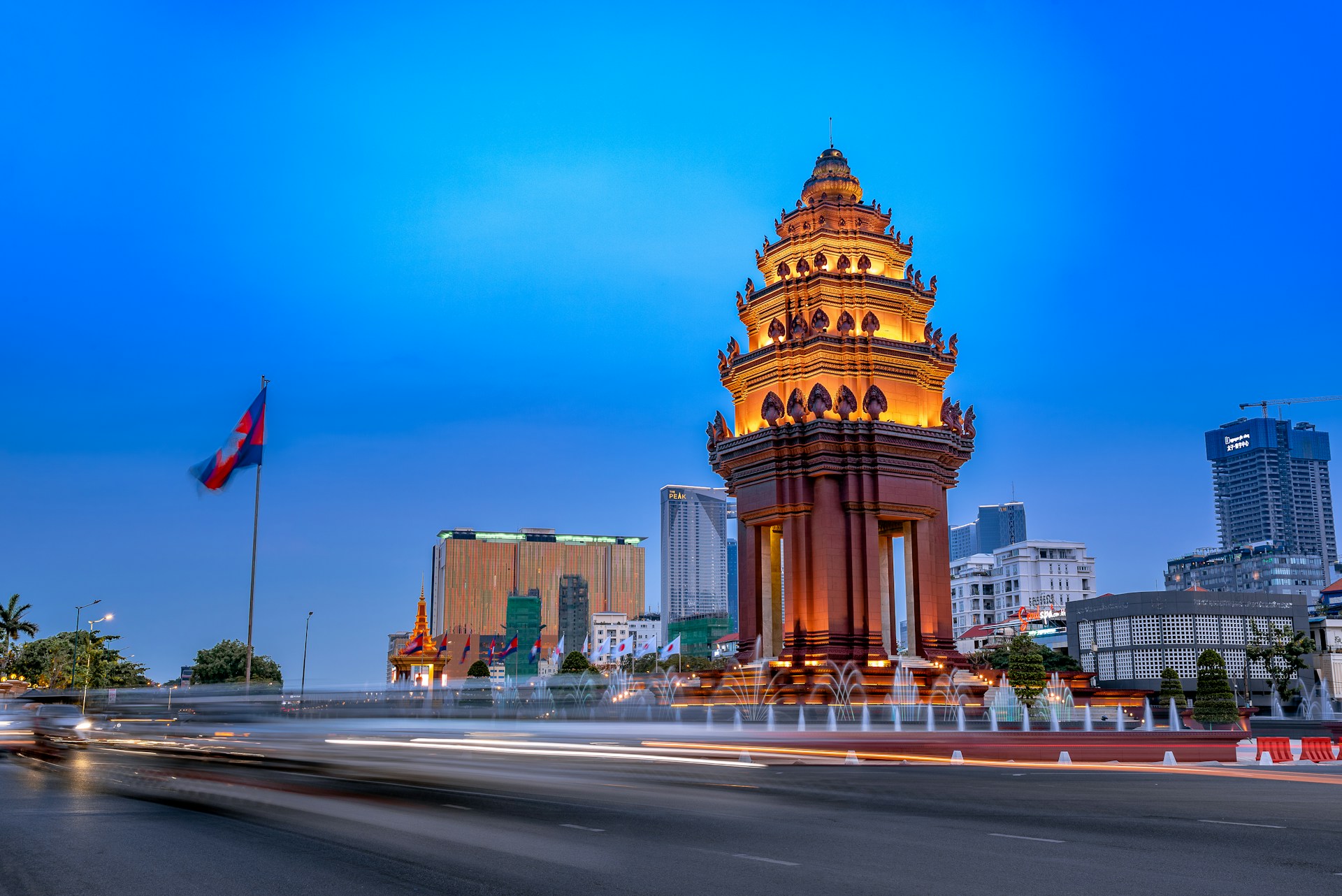
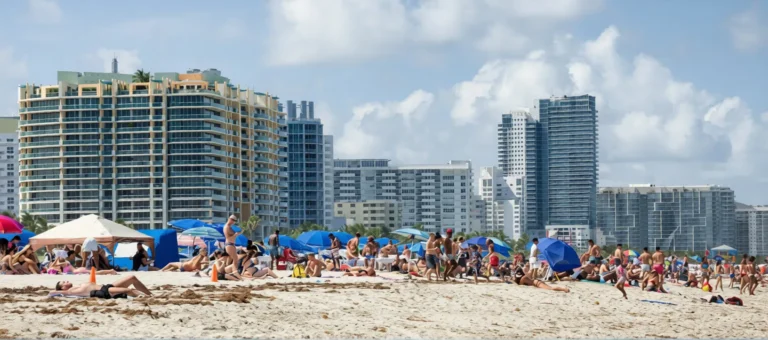


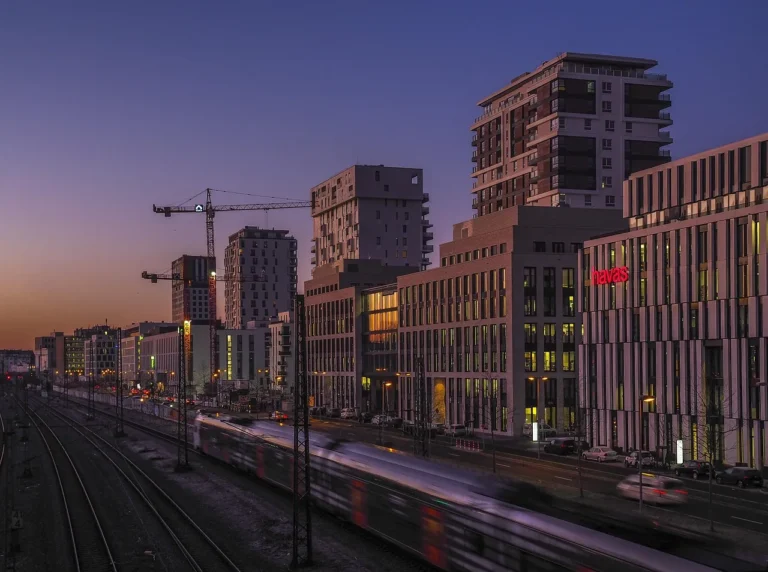
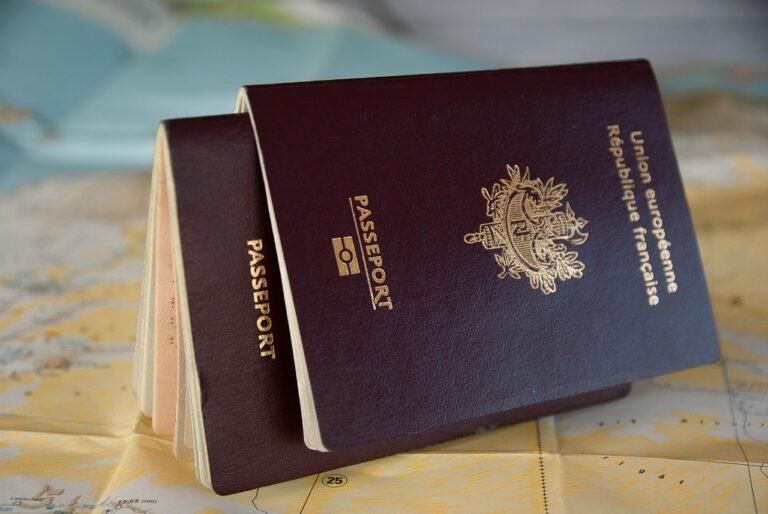
Your point of view caught my eye and was very interesting. Thanks. I have a question for you.
Thank you for stopping by. You are free to ask any question.